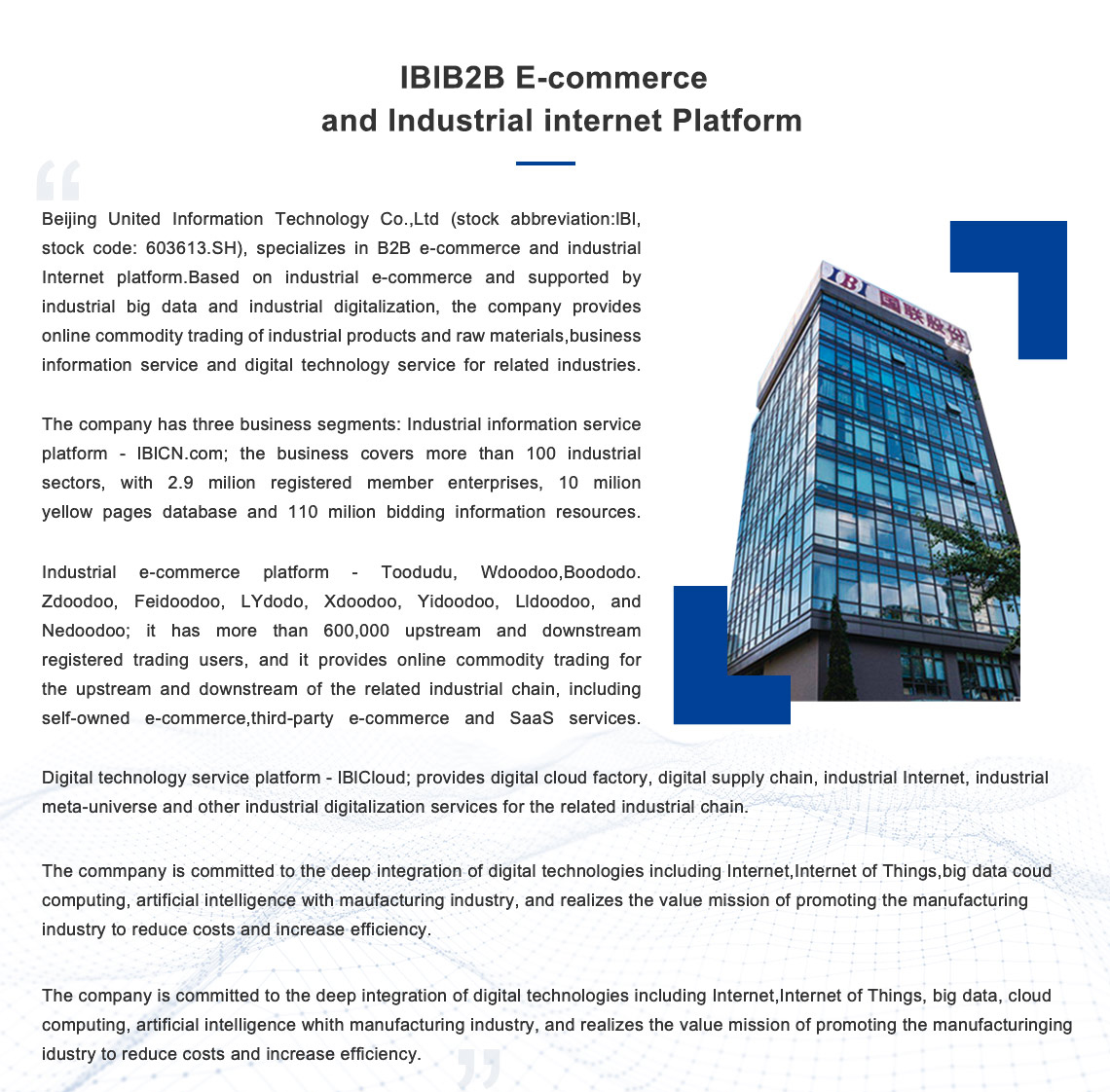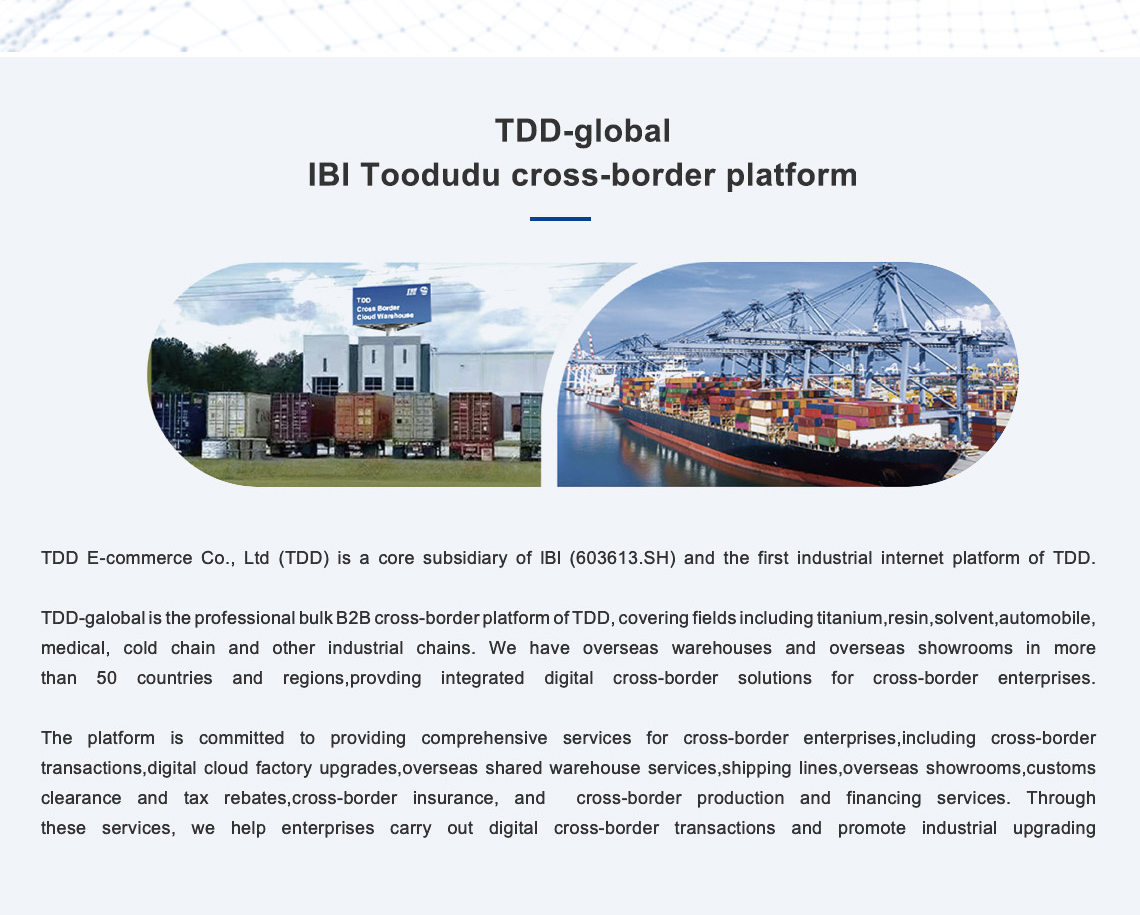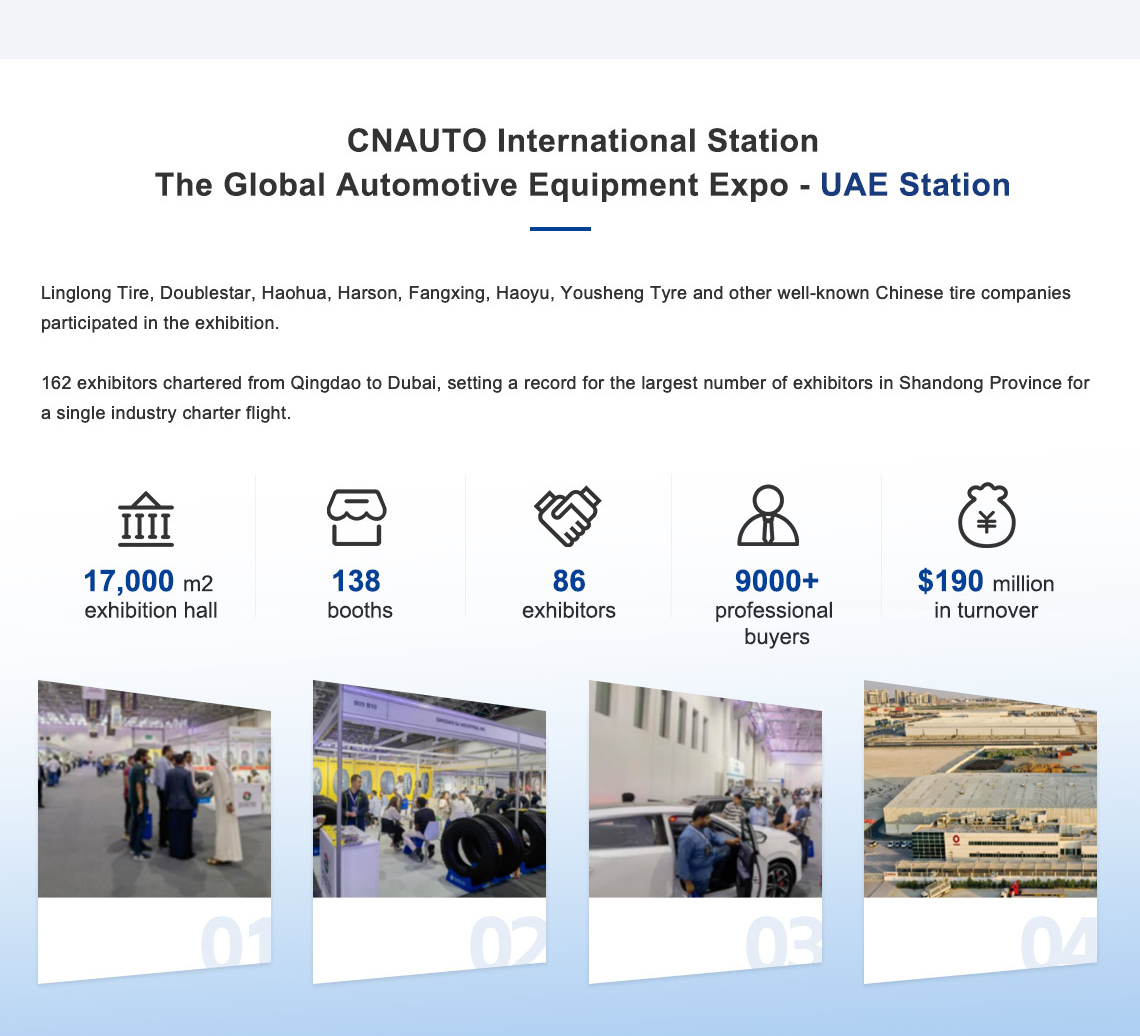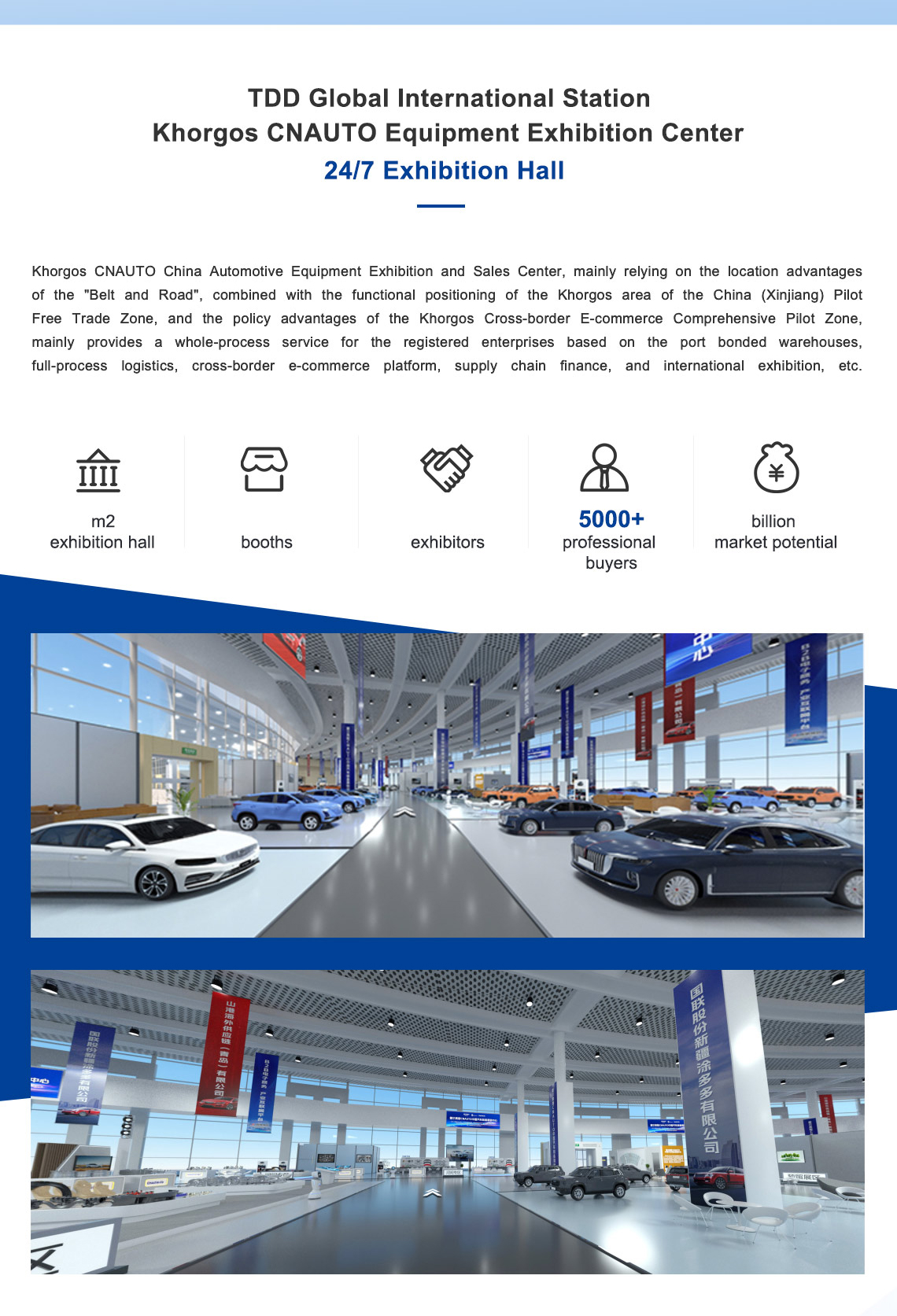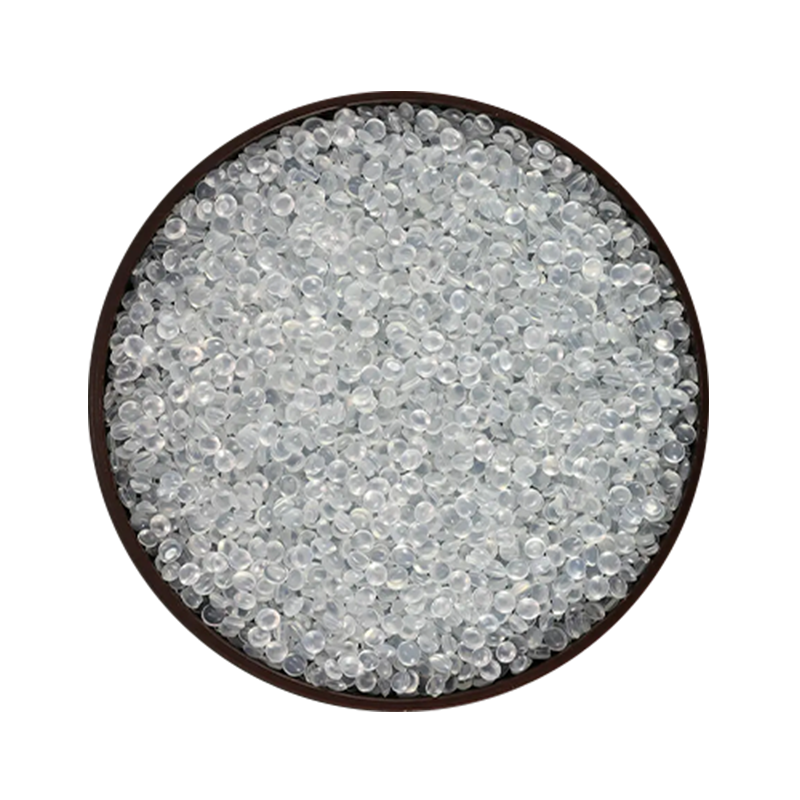Mono-filaments made of Hostalen GF 7750 M2 exhibit excellent tensile strength and high elongation at break. Typical customer applications are ropes and yarns for nets, geotextiles and protective netting in agriculture and building industry.
Rope and net manufacturing: Due to its high tensile strength and elongation at break, monofilaments made from GF7750M2 are suitable for making yarns for ropes and nets. Such ropes and nets are widely used in the fishing industry, construction industry (for safety nets), etc. due to their high strength and durability.
Geotextile applications: Geotextiles require materials with good tensile properties and resistance to environmental erosion. The performance of GF7750M2 meets these requirements and can be used in projects such as soil reinforcement, water retention and filtration, and slope protection to improve the stability and durability of the project.
Agricultural protection nets: In the agricultural field, it can be used to make protection nets to protect crops from birds, pests, etc. Its high strength and weather resistance ensure long-term use in the field.
Product Features
Excellent mechanical properties: Its yield tensile stress is 22.1 MPa and its elongation at break is 807%. Its notched impact strength at 23°C is 33 kJ/m2 and its flexural modulus is 1000 MPa. These properties indicate that the material has high strength, good toughness and excellent resistance to external forces, and is suitable for applications requiring high-strength fibers.
Good chemical stability: High-density polyethylene itself has good chemical stability, and GF7750M2 is no exception. It can resist the erosion of many chemicals, maintain stable performance in different chemical environments, and is not easily affected by chemical reactions.
Specific physical properties: The density is 0.948 g/cm3 and the melt flow rate (190°C/5 kg load) is 0.25 g/10 min. These physical property data affect the processing performance and final product quality of the material, enabling it to be processed into various products through specific processes. In addition, the oxidation induction time (210°C, aluminum catalysis) is 53.8 minutes, which indicates good thermal stability.
Rapid crack growth resistance: The rapid crack growth (RCP, S4) value is (the specific value is not clearly given in the data, but it can be inferred that it has a certain resistance to rapid crack growth), which means that the material has good resistance to crack growth during use and can avoid sudden cracking and failure of the product.
